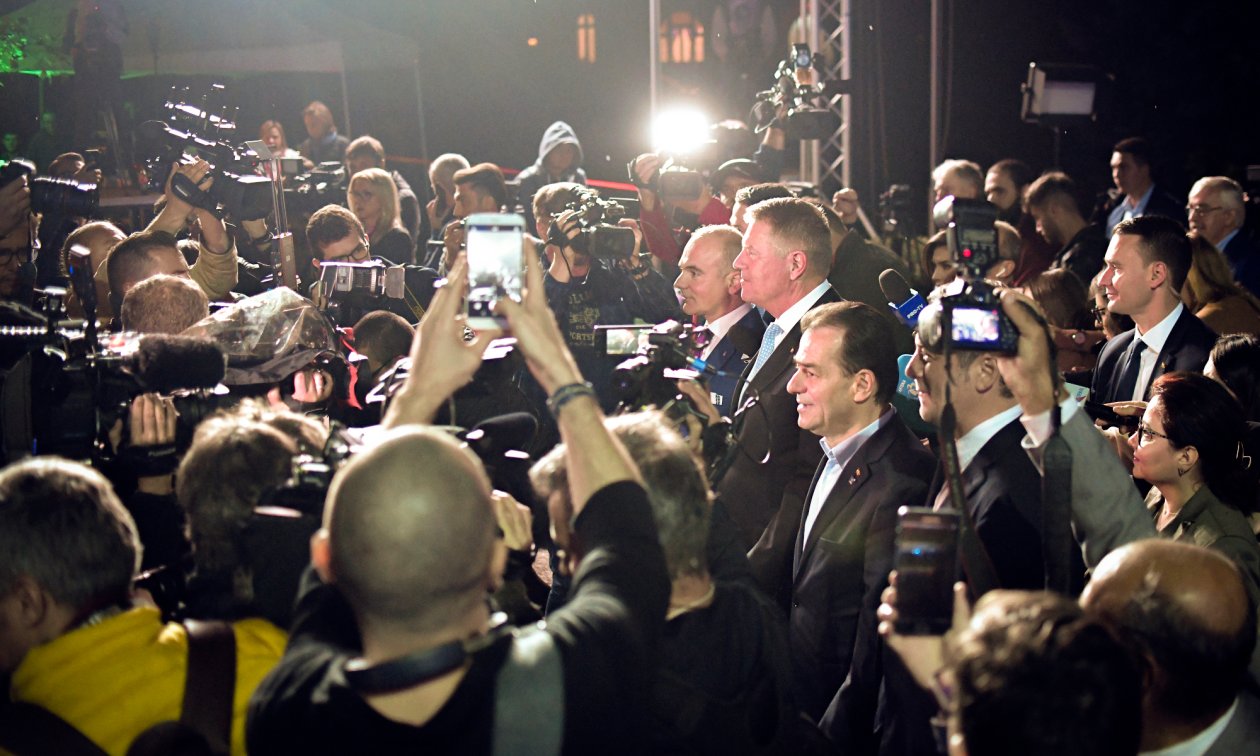When reporters from the investigative website recorder.ro confronted prominent Romanian journalists and publishers with evidence that their media companies were receiving money from political parties last year, the latter reacted by trivialising, ignoring or showing disinterest

























